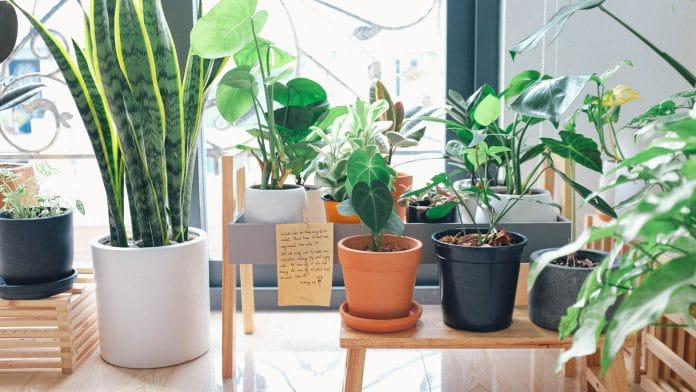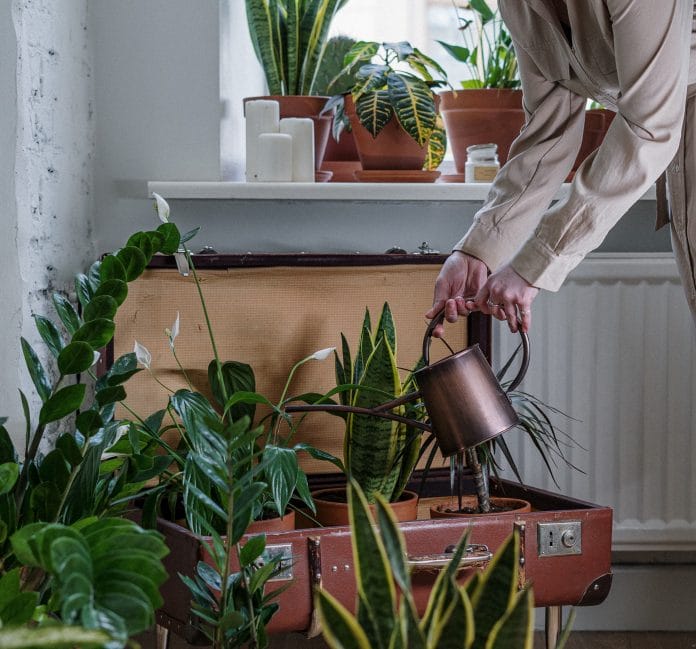With many Filipinos still grappling at the new reality that occurred to them due to the coronavirus disease 2019 (COVID-19) pandemic, plants have now become popular in the country. Plants have many benefits to the home.
Studies have shown that plants can boost their plant parents’ mood, productivity, concentration, and creativity. Plants also help to reduce stress, fatigue, sore throats and colds. It cleans indoor air by absorbing toxins, increasing humidity and producing oxygen. It also adds life to a plain room. It gives privacy, reduces noise levels, provide privacy and a whole lot more.
Plants are so beneficial to humans that even NASA created a list of the best plants for indoors based on their Clean Air Study.

These green things have become so popular that if you look at social media today, there are numerous accounts made to cater to the “green fever.” To meet the high demand, people have resorted to stealing plants from protected natural areas such as mountains and forests — and even public parks such as those in Baguio’s Mines View Park and Burnham Park, according to news reports.
Authorities received reports of traders scouring these areas in search of plants, including rare, vulnerable and endangered species, and have since patrolled and monitored social media. Most of the demand comes from the country’s capital.

Many of these sellers started selling plants when their other businesses fell due to the virus’s effects and the lockdowns. Though it is good to support local businesses and micro, small and medium enterprises, it is also best to be a responsible shopper. Here are some ways how to be a responsible plantita or plantito:
- Learn to identify the rare, vulnerable or endangered plants being sold online, in stores, or nurseries. Use Google or plant identifying apps to help you.
- For stores that tagged or categorized plants as “rare,” check if these are included in the Department of Environment and Natural Resources’ (DENR) list of threatened species.
- Buy only from legitimate sellers and ask where their plants are sourced. Usually, legitimate sellers have their own nurseries to propagate plants. If you encounter a seller that does sell these rare and endangered plants, report this to the proper authorities or agencies.
- If you already have a lot of plants in your home but want to add more, learn to propagate the plants that you already have through cuttings, seeds, grafting and other techniques.
- For more variety to your collection, exchange plants with your friends, family or relatives who have also got the green fever.

Being a responsible plantito and plantita should not come at the expense of the country’s natural resources or the plants’ life. It is counterintuitive that we have more plants in our homes than in our own forests and mountains.
Be a responsible plant person and help our government and help our environment.
